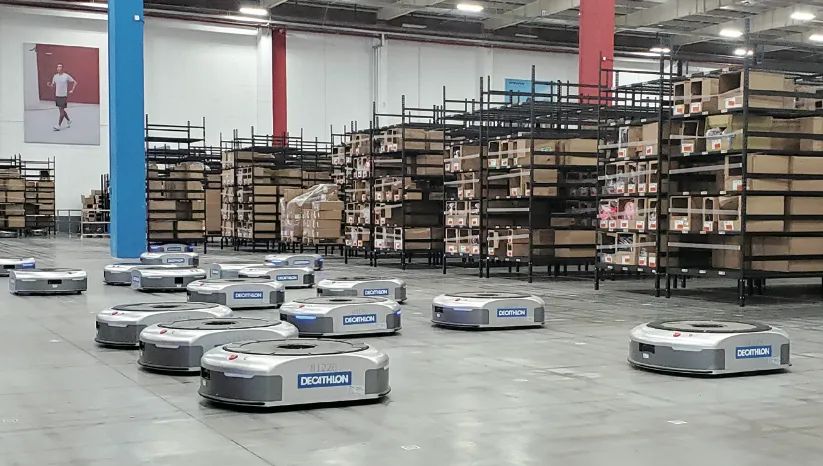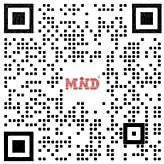Over the past four months, Decathlon has equipped all of its large stores in China with radio frequency identification (RFID) systems that
automatically identify every piece of clothing that passes through its stores. The technology, which was piloted in 11 stores at the end of last year, is
expected to address inventory accuracy and shelf availability first, while the long-term plan is to use the data collected to get more done.
Currently, using MetraLabs software and Tory RFID robots, as well as RFID tags from Checkpoint Systems, the system has increased inventory accuracy
from 60% to 95%, According to Adam Gradon, chief product owner of the Alibaba China digital Store. Formal installation starts around July and all stores
are expected to be using the technology by Christmas this year.
The company has replaced its existing price tags with Checkpoint's passive UHF RFID tags, which have been used since merchandise production.
The company reports that source marking began in 2021. Because the labels replace regular price tags, manufacturers can use them just as they
would regular printed bar-code labels, George said.
When a store prepares for a fully automated inventory count, employees often finish labeling items already on the shelves without RFID tags.
George points out that even if the marked item comes from a supplier, the store is still affected by the unmarked item early in the deployment
process, so a trip to the shop where the marked item was made is required.
Once a product is labeled, it is read once when it arrives at the store, all of which is done by a robot, usually one per store. While RFID data
acquisition can also manage supply chains and distribution centres, Alibaba China focuses first on stores to provide better visualization of shelves.
The robots can go anywhere where goods are stored or displayed for customers.


Post time: Nov-05-2022





